What’s the Best Way to Find Clients as a Padel Coach?
Finding clients as a padel coach isn’t rocket science, but it does take strategy, patience, and consistency. Whether you’re just starting out or looking to expand your client base, the key is to build trust and visibility within your community and online. So, let’s dive into the details and make sure you leave this article with a clear game plan.
Step One: Be Where Padel Happens
If you’re not where the padel action is, you’re already losing out. No sugar-coating it—your future clients are on the courts, chatting at clubs, and showing off their questionable technique at local tournaments. And if you’re not there to watch that "perfect smash" they keep bragging about, someone else will be.
You need to be more than just a coach—you need to be part of the ecosystem. It’s not enough to show up with your gear bag and call it a day. Get involved. Watch matches. Cheer for players. Chat with the guy who keeps blaming the racket for his double faults. Be visible, approachable, and most importantly, helpful.
One surefire way to get noticed is by offering free workshops or demo sessions. Think of it as fishing—cast a wide net, and you'll hook a few serious players. These sessions are your chance to shine. Players get to see your skills, understand your coaching style, and, hopefully, realize how much they need you in their life.
But here’s the kicker: these workshops aren’t just about showing off your coaching chops. They’re about connection. Talk to players after the session. Give them a quick tip they can use right away. Ask them about their goals. People aren’t just looking for a coach—they’re looking for someone who gets them.
And don’t be afraid to make it fun. Play a few light-hearted matches, crack a few jokes, and keep the energy up. People remember how you made them feel more than what you taught them. If they leave your session smiling, chances are, they’ll come back.
Ultimately, you need to be where your people are, not just as a coach but as a padel enthusiast. Because if you’re genuinely part of the padel scene, you’ll never feel like you’re “selling” yourself—you’ll just be building relationships with people who already want to train with you.
Step Two: Leverage the Power of Networking
Look, I get it—networking can feel as awkward as asking for a rematch after getting crushed on the court. But if you want to thrive as a padel coach, it’s something you need to get comfortable with. Why? Because in this game, relationships are everything. It’s not just about how good you are; it’s about who knows how good you are.
Start with the big players (not literally, but figuratively): club owners. These folks hold the keys to the kingdom—or at least the courts. Get on their good side, and you’re golden. Offer to run events, help organize tournaments, or even just fill in when they’re short on staff. In return, they’re more likely to refer players to you when someone asks, “Hey, do you know a good coach?”
Then there are the unsung heroes of the padel world: equipment suppliers. You might not think the guy selling rackets and shoes has much pull, but trust me, they do. Players walk into their shops looking for gear, and sometimes advice. If you’re the name that pops into their head when someone asks about coaching, congratulations—you just scored a referral.
Now, let’s talk about other coaches. It’s easy to see them as competition, but that’s a rookie mindset. Smart coaches know there’s plenty of room for everyone, and building a network of fellow pros can actually make your life easier. Maybe they specialize in beginners, and you’re great with advanced players. Maybe they’re fully booked and need someone reliable to pass clients to. When you stop seeing other coaches as rivals and start seeing them as allies, opportunities multiply.
But here’s the thing—networking isn’t about throwing your business cards around like confetti. That’s boring and, frankly, annoying. It’s about being a genuine, helpful, and visible presence in the padel world. Chat with players during tournaments. Offer a tip or two to the guy struggling with his backhand. Sponsor a small local event, or just show up and support it. The more you show people that you care about the sport and the community, the more they’ll trust you—and trust is the golden ticket to referrals.
And don’t underestimate the power of follow-up. If someone says they’ll keep you in mind, check in a few weeks later. If a club owner seems interested in collaborating, suggest an idea and follow through. Networking isn’t a one-time thing; it’s a slow build. But the payoff? Totally worth it.
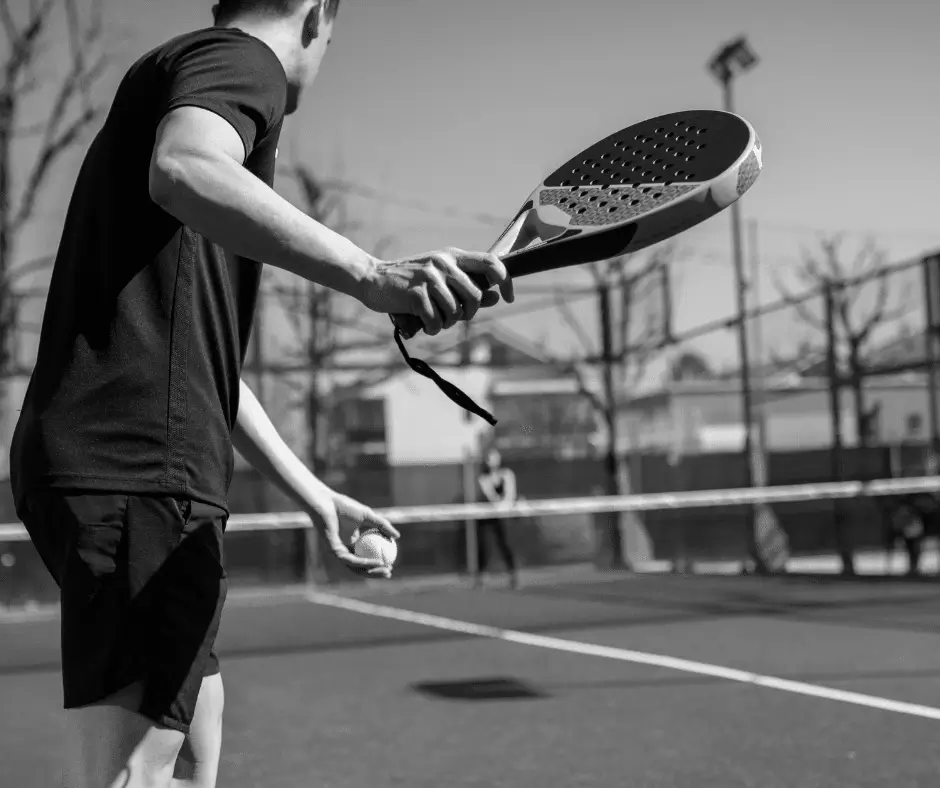
Step Three: Make Social Media Your Virtual Court
If you’re not on social media yet, what are you waiting for? Seriously, it’s like skipping the warm-up before a big game—you’re just making things harder for yourself. Instagram, Facebook, TikTok, and even YouTube are full of padel players scrolling endlessly for tips, tricks, and the occasional cat meme. This is your playground, and it’s time to step onto the virtual court.
Start by thinking about what your audience actually wants. Spoiler alert: they don’t want boring promos or endless posts about “coaching slots available!” They want value. They want entertainment. They want to learn how to stop shanking their smash into the glass wall every time.
So, give the people what they want. Share short, actionable video tutorials—think bite-sized tips they can try in their next game. Film a session on mastering the volley or breaking down the mechanics of a killer serve. Post highlight reels of your clients crushing it (with their permission, of course), and don’t forget to sprinkle in a bit of personality. Show that you’re not just a coach—you’re someone they’d enjoy spending an hour on court with.
But here’s the golden rule: social media isn’t about constant selling. Imagine if every time you met someone at a padel club, the first thing out of your mouth was, “Hey, hire me as your coach!” You’d get some seriously awkward looks. The same goes online. Social media is about connection, not conversion.
Reply to comments. Slide into your followers’ DMs (in a professional way, of course). Run a fun Q&A where players can ask for tips, and then answer them on video. The more approachable and engaged you are, the more trust you build—and trust is the currency of coaching.
And don’t be afraid to have some fun with it. Share your “Coach Life” moments, like when you accidentally hit the ball into a bush during a demo or the time you tried to teach a beginner who insisted on using a tennis racket. Humor makes you relatable, and relatability makes people want to work with you.
Lastly, remember that consistency wins the social media game. You don’t have to post every day, but you do need to show up regularly. It’s not about going viral—it’s about becoming the coach people think of when they’re ready to level up their padel game. So, grab your phone, hit record, and let the world see what you’ve got.
Step Four: Build Your Credibility with Free Resources
Let’s face it: everyone loves free stuff. It’s practically a universal truth, like how nobody actually reads the terms and conditions. So why not use that to your advantage? By offering free resources, you’re not just being generous—you’re positioning yourself as the go-to expert in the padel coaching world. It’s a win-win.
Think about it. When someone’s scrolling through their Instagram feed or Googling “how to stop embarrassing myself at padel,” they’re looking for quick, actionable advice. That’s your cue to step in with something simple but valuable: an e-book, a PDF, or even a short video course packed with tips they can use right away. And the best part? They’ll start seeing you as the expert who knows their stuff.
For example, you could create a downloadable guide called “5 Easy Ways to Improve Your Smash”. Keep it concise, practical, and packed with advice that players can immediately apply on the court. Maybe throw in a bonus tip that’s a little unexpected, like how to mentally recover after botching an easy volley. When players see results from your advice, they’ll associate that improvement with you—and that’s exactly what you want.
But there’s a catch (of course there is). Don’t just give this gold away for nothing. Collect email addresses in exchange for your free resource. No, it’s not sneaky—it’s smart. These email addresses are your direct line to potential clients. You can send them helpful updates, tips, or even an occasional nudge about your coaching services. It’s like saying, “Hey, remember that awesome guide I gave you? I can help you even more if you book a session.”
Pro tip: Don’t overthink the design of your freebies. It doesn’t need to look like it came out of a marketing agency’s dream factory. What matters is the value of the content. As long as it’s clear, useful, and easy to digest, players will love it.
Oh, and one more thing—free resources aren’t just about building credibility. They’re also a way to differentiate yourself. There are plenty of padel coaches out there, but not all of them are going the extra mile to offer something valuable for free. By doing this, you’re setting yourself apart as someone who genuinely wants to help players improve—even before they hire you.
So, start brainstorming. What’s one problem your potential clients struggle with, and how can you solve it in a way that’s simple and impactful? Nail that, and you’ve got a free resource that not only helps players but also makes them think, “I need to train with this coach.” That’s how you turn generosity into opportunity.
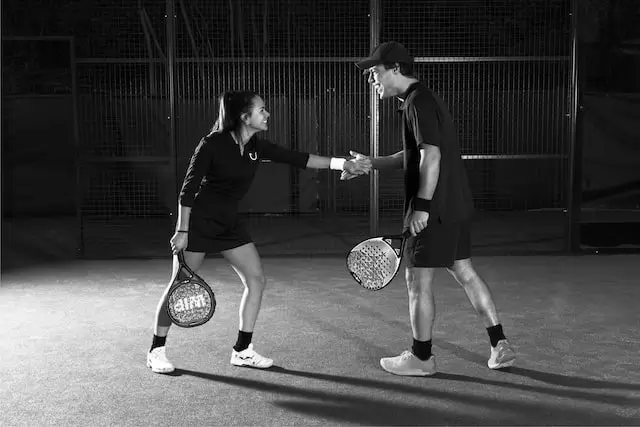
Step Five: Encourage Word-of-Mouth Referrals
Word-of-mouth referrals are like the MVP of marketing for coaches. You don’t need flashy ads or endless social media posts when your clients are out there hyping you up to their friends. Think about it—when someone says, “You’ve got to train with this coach, they helped me fix my backhand in one session,” that’s way more convincing than any sales pitch. But while organic referrals are great, there’s no harm in giving your clients a little extra nudge to get the ball rolling.
The easiest way? Offer incentives. People love getting rewarded, even for things they were probably going to do anyway. For example, you could offer your existing clients a discounted session or some free court time for every new player they bring in. It’s a small gesture for you but a big motivator for them to spread the word. And it makes them feel appreciated, which means they’re more likely to keep referring people in the future.
But incentives alone won’t do the trick—you’ve got to make it easy for clients to refer you. Give them something tangible to share, like flyers, business cards, or a simple digital link they can send to their WhatsApp groups (because let’s be real, padel players love a good WhatsApp group). You could even create a referral code they can pass along, making it feel a bit more exclusive. People love exclusivity. It’s like they’re in on a secret deal—and who doesn’t love being in the know?
Of course, none of this works if your sessions aren’t top-notch. Happy clients are the foundation of word-of-mouth marketing. When players leave your session feeling like they’ve actually learned something or made progress, they’ll naturally want to talk about it. So focus on delivering results, building relationships, and making every session feel worthwhile.
Oh, and don’t forget to ask for feedback. A quick “Hey, how did you feel about today’s session?” goes a long way. Not only does it show that you care, but it also gives clients a chance to voice their excitement—and when people are excited, they’re more likely to tell others about it.
The bottom line? Referrals don’t just happen—they’re cultivated. When you give your clients an unforgettable coaching experience, a little recognition for spreading the word, and the tools to do it easily, you’re setting yourself up for a steady stream of new players knocking on your door. And the best part? These referrals come preloaded with trust because their friends already vouched for you. It’s the marketing equivalent of a smash straight down the middle—unstoppable.
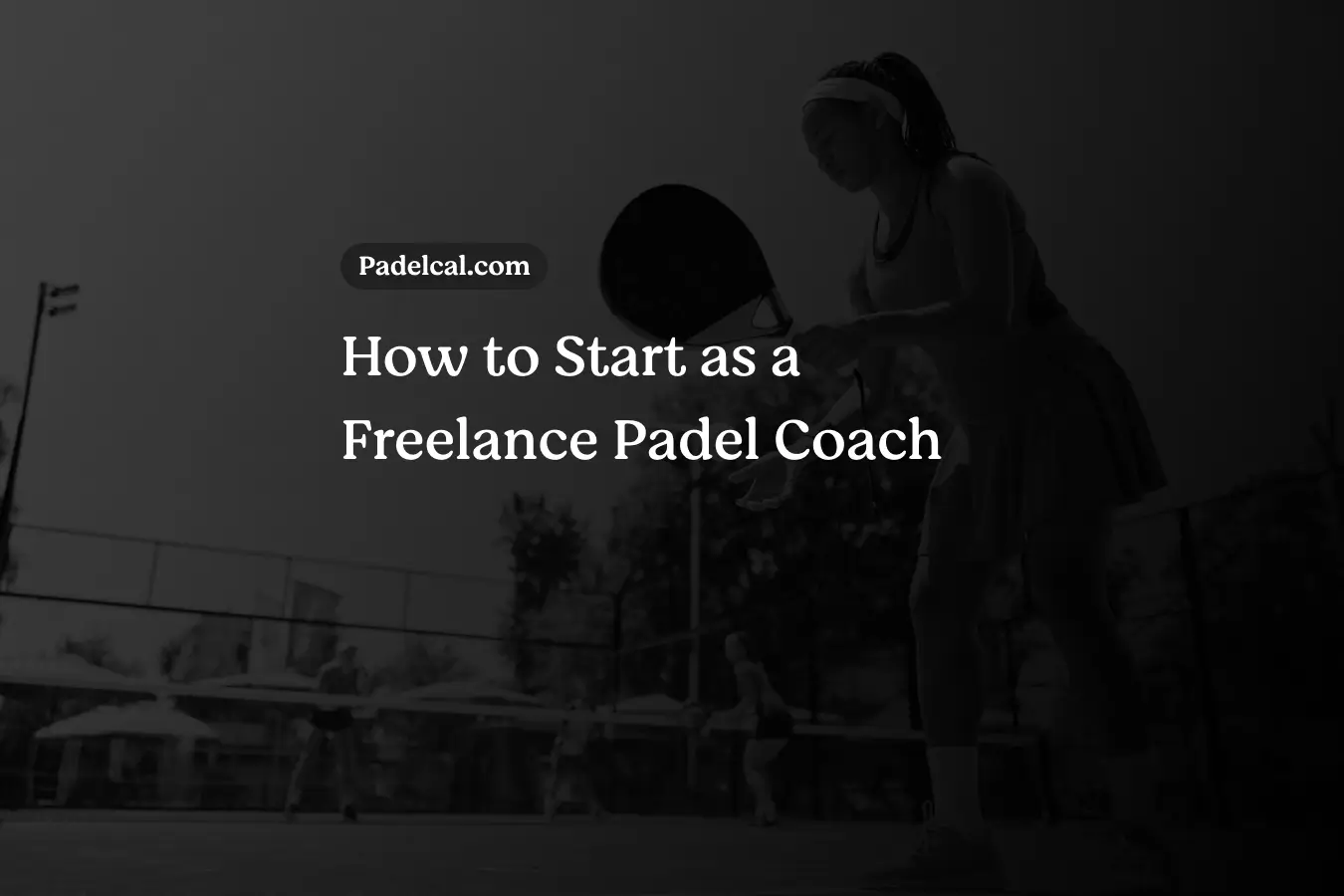
Step Six: Use Testimonials to Build Trust
Let’s be real—people are skeptical. Everyone’s been burned by an overhyped promise at some point (“Guaranteed to lose 10 kilos in 3 days!”). So when it comes to picking a coach, they want proof that you’re the real deal. And that’s where testimonials come in. A good testimonial isn’t just words on a page—it’s a glowing endorsement from someone who’s been in their shoes and seen real results.
Start by reaching out to your current and past clients. Don’t overcomplicate it. A simple, “Hey, would you mind sharing a quick sentence or two about your experience working with me?” is all it takes. Most people are happy to help, especially if they’ve enjoyed your coaching. You’ll be surprised how willing they are to sing your praises once you ask.
But here’s the kicker: written testimonials are great, but video testimonials? Next level. Video adds a layer of authenticity that text just can’t replicate. A player sharing how you helped them finally nail their smash—or how you transformed their confidence on the court—hits harder when you can see their enthusiasm. Grab your phone or a simple camera, and ask them to talk about what they’ve gained from your coaching. Keep it casual and conversational—no need for Hollywood-level production.
Once you’ve got those testimonials, put them everywhere. Your website should have a dedicated section, front and center, with quotes and videos from happy clients. Social media? Post snippets of the most powerful ones. Even in casual conversations with potential clients, don’t hesitate to share success stories. “Oh, yeah, one of my clients just told me how they won their first tournament last weekend after a few sessions with me.” That’s not bragging—it’s proof.
And if you’re still hesitant to ask for testimonials, remember this: people love talking about their wins. When you frame it as a way for them to celebrate their progress, they’ll see it as a chance to reflect on their journey, not just a favor to you.
Here’s a pro tip: guide them a little. If someone’s unsure what to say, ask them questions like, “What was your biggest struggle before we started working together?” or “What’s the biggest improvement you’ve noticed in your game?” Their answers will make the testimonial feel personal and relatable to others who might have the same struggles.
In the end, testimonials aren’t just about convincing people to hire you. They’re about building trust. They show that you’re not just promising results—you’re delivering them. And for potential clients, that’s all the reassurance they need to take the leap and book their first session with you.
Step Seven: Don’t Forget the Basics—A Website
Let’s be honest: in today’s world, if you don’t have a website, you’re practically invisible. Sure, you might be killing it on Instagram or getting tagged in padel groups, but a website is your home base—the one place where potential clients can go to get the full picture of who you are and what you offer. If social media is your highlight reel, your website is the full match replay. And trust me, people are watching.
The good news? Your website doesn’t need to be a masterpiece worthy of a web design award. It just needs to do three things really well:
- Tell people who you are and what you offer. Be crystal clear about your services. Are you focused on beginners? Helping tournament players dominate the competition? Running group training for clubs? Lay it all out in simple, no-nonsense language. Don’t make people guess what you do—spell it out for them.
- Make it easy for people to book or contact you. This is non-negotiable. If someone decides they’re ready to train with you, they shouldn’t have to navigate a maze to book a session. Add a big, obvious “Book Now” button or a contact form that’s so simple a distracted player could fill it out between sets.
- Showcase why you’re awesome. This is where you flex a little. Testimonials, video clips of you coaching, blog posts sharing tips—your website should make people think, “Wow, this coach really knows their stuff.” It’s like your virtual trophy cabinet, but for your coaching expertise.
Think of your website as your digital storefront. It’s the first impression many potential clients will have of you, so make it count. Use clean, professional photos (yes, that means ditching the blurry one of you holding a racket from five years ago). Write in a tone that feels authentic to you—whether that’s professional, friendly, or slightly cheeky. And for the love of padel, make sure your website works just as well on a phone as it does on a laptop. Most people will be scrolling from their mobile anyway.
One thing to avoid? Overloading your site with unnecessary fluff. You don’t need a “mission statement” that sounds like it came from a corporate boardroom or a fancy logo animation that takes 10 seconds to load. Keep it simple, keep it real, and keep it focused on what matters: getting people to trust you and book sessions.
And hey, if building a website sounds intimidating, start small. Use tools like Wix or Squarespace to whip up something clean and functional in a weekend. As your coaching grows, you can always upgrade. The point is to have something—a place where potential clients can land, learn about you, and take the first step toward working with you.
Remember, your website isn’t just a box to tick off. It’s your digital handshake, your online court, and your 24/7 sales rep all rolled into one. So, get it set up and let it start working for you—even while you’re out on the court helping your clients smash their goals.
Step Eight: Keep Learning and Growing
Here’s the thing about padel: it’s constantly evolving. New techniques, strategies, and training methods pop up all the time, and if you’re not keeping up, you’re falling behind. The best coaches don’t just know the game—they stay students of it. Because the truth is, the moment you think you’ve “made it” as a coach is the moment your growth stalls.
Start by immersing yourself in the sport beyond your sessions. Watch matches, both amateur and professional, to see how the game is being played. Analyze how top players adapt to different scenarios, and think about how you can incorporate those insights into your coaching. Got some downtime? Dive into videos, articles, or even podcasts about padel coaching and sports psychology. The more perspectives you absorb, the sharper your own coaching style will become.
Workshops and clinics are another goldmine. Whether it’s a course on advanced techniques, drills for beginners, or even sports science, these events are packed with opportunities to learn. You might pick up a new skill or drill that completely transforms how you train your clients. Plus, attending these events also doubles as networking—meet other coaches, exchange ideas, and share experiences. It’s a win-win.
And don’t be afraid to get coached yourself. Yes, even coaches need coaches. Working with someone more experienced can help you identify blind spots in your own game and give you fresh ideas to bring back to your clients. It’s a little humbling, sure, but humility is one of the most underrated traits of a great coach.
Speaking of humility, let’s talk about feedback. You know that moment when a client says, “Hey, I really liked today’s session, but I think I’d benefit more if we did XYZ”? That’s not criticism—it’s a gift. Take it seriously. Clients respect a coach who listens and adjusts rather than sticking to a rigid plan. It shows you care about their progress, not just your methods.
And let’s not forget the mental side of things. Coaching isn’t just about teaching technique; it’s about understanding people. Spend time learning how to motivate different personalities, manage nerves before a tournament, or help clients bounce back from a tough loss. Your ability to connect on a human level is just as important as your knowledge of the game.
The bottom line? Staying stagnant isn’t an option. The padel world moves fast, and so should you. By staying curious, embracing feedback, and constantly seeking out new knowledge, you’ll not only become a better coach—you’ll become the kind of coach clients are excited to work with. And that’s the real goal, isn’t it? To be the coach who’s not just good, but irreplaceable.
Related Questions and Answers
How can I attract beginner players as clients?
Offer beginner-friendly workshops or group sessions. Emphasize patience, fun, and easy-to-follow techniques to make newcomers feel comfortable.
Should I specialize in a particular skill or audience?
Specialization can set you apart. For example, you might focus on advanced techniques for competitive players or beginner sessions for kids.
How do I handle players who are hesitant to commit?
Offer trial sessions or short-term packages to give them a low-risk way to experience your coaching before committing to a long-term plan.
Is social media worth the time investment?
Yes. It’s one of the most effective ways to showcase your expertise, connect with players, and build your brand.
Can I coach without formal certifications?
While certifications can add credibility, many successful Padel coaches rely on their experience and results to attract clients.
How do I keep clients coming back?
Focus on building a personal connection. Show genuine interest in their progress, celebrate their wins, and keep sessions fresh and engaging.
Should I collaborate with other coaches?
Absolutely. Collaboration can expand your reach, give you fresh ideas, and even bring in clients through referrals.
Finding clients as a padel coach isn’t about fancy tricks or big budgets. It’s about being visible, approachable, and consistently delivering value. Show up, connect with your community, and stay passionate about helping players improve their game. Do that, and you’ll never have to worry about an empty schedule again.


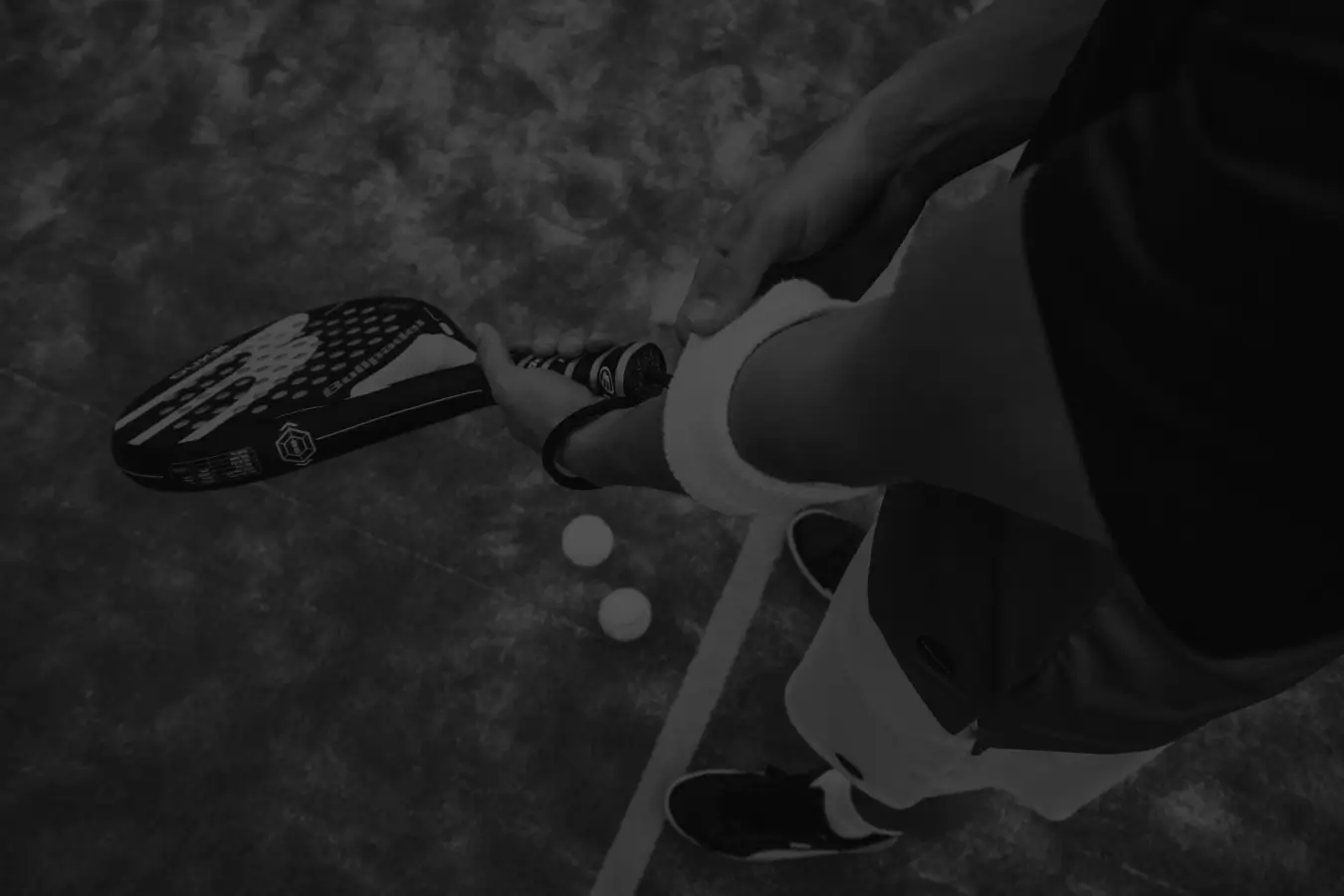




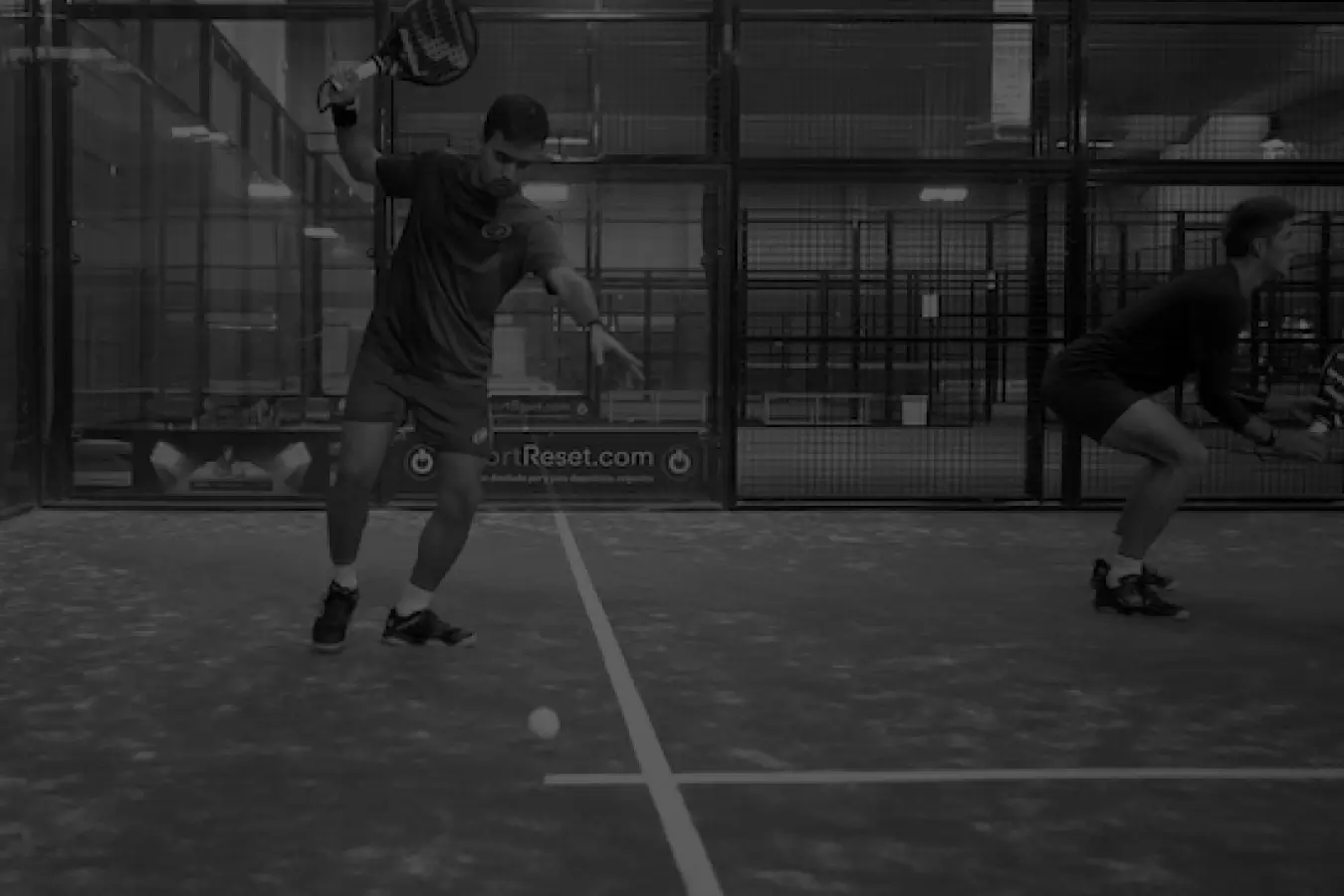
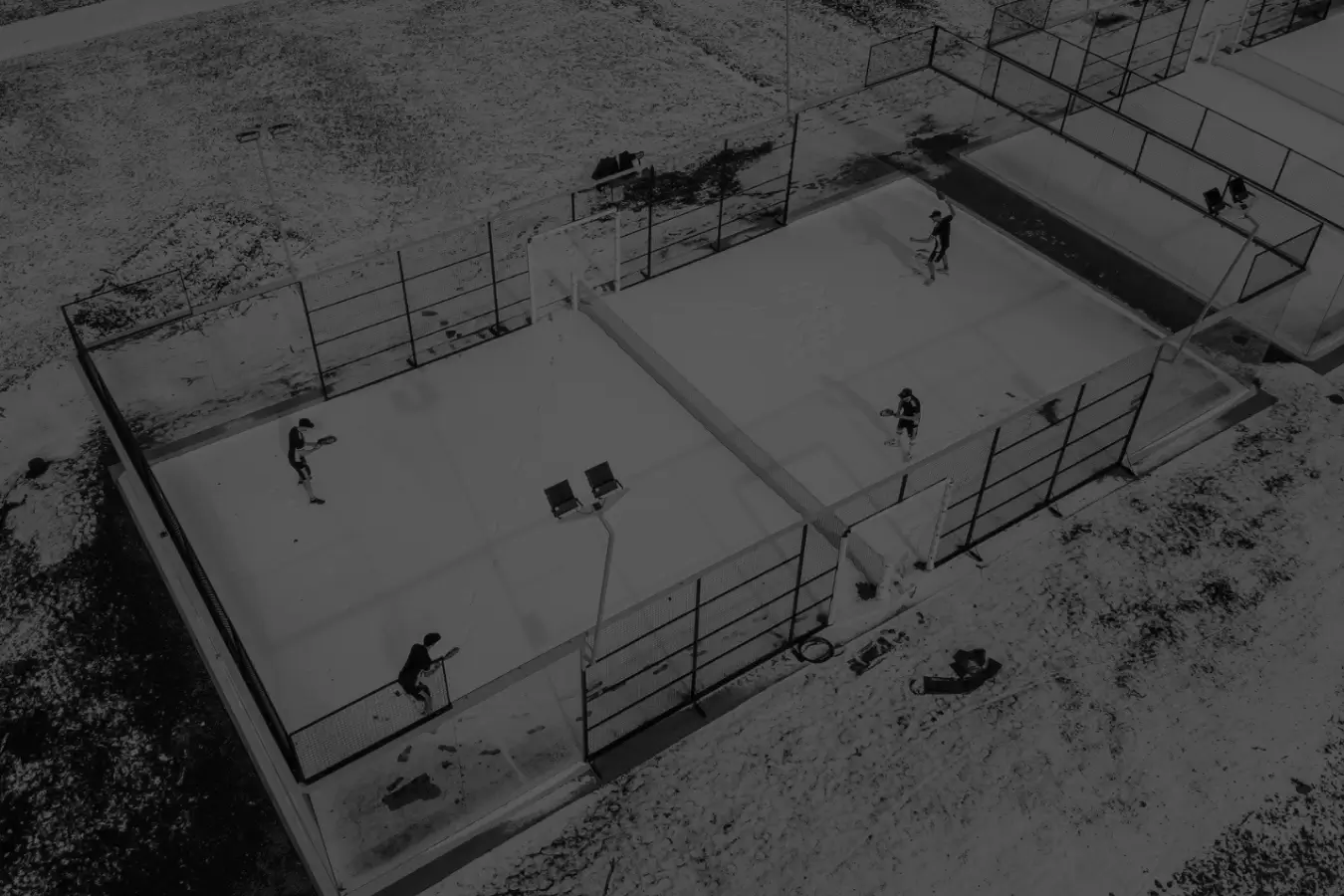


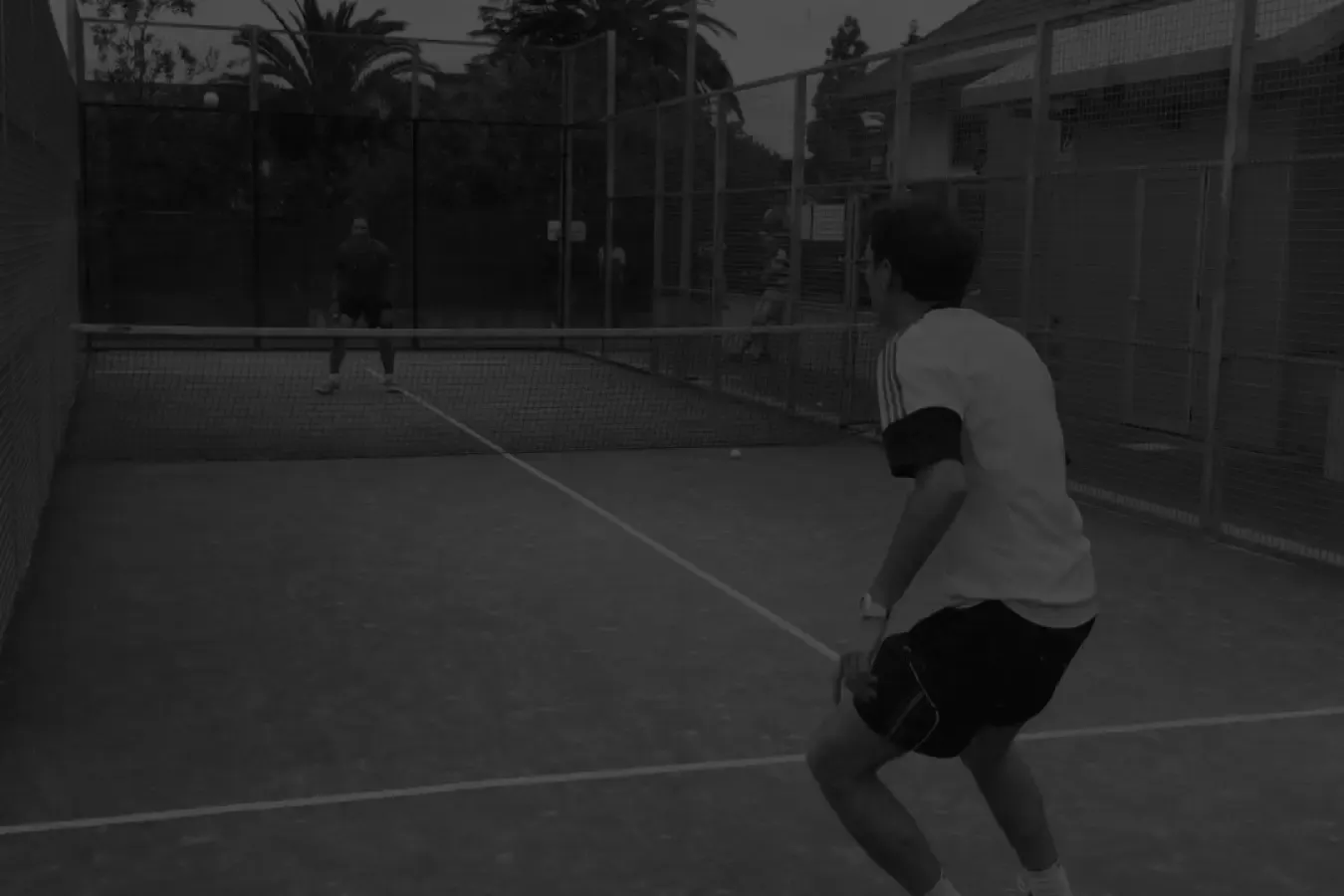
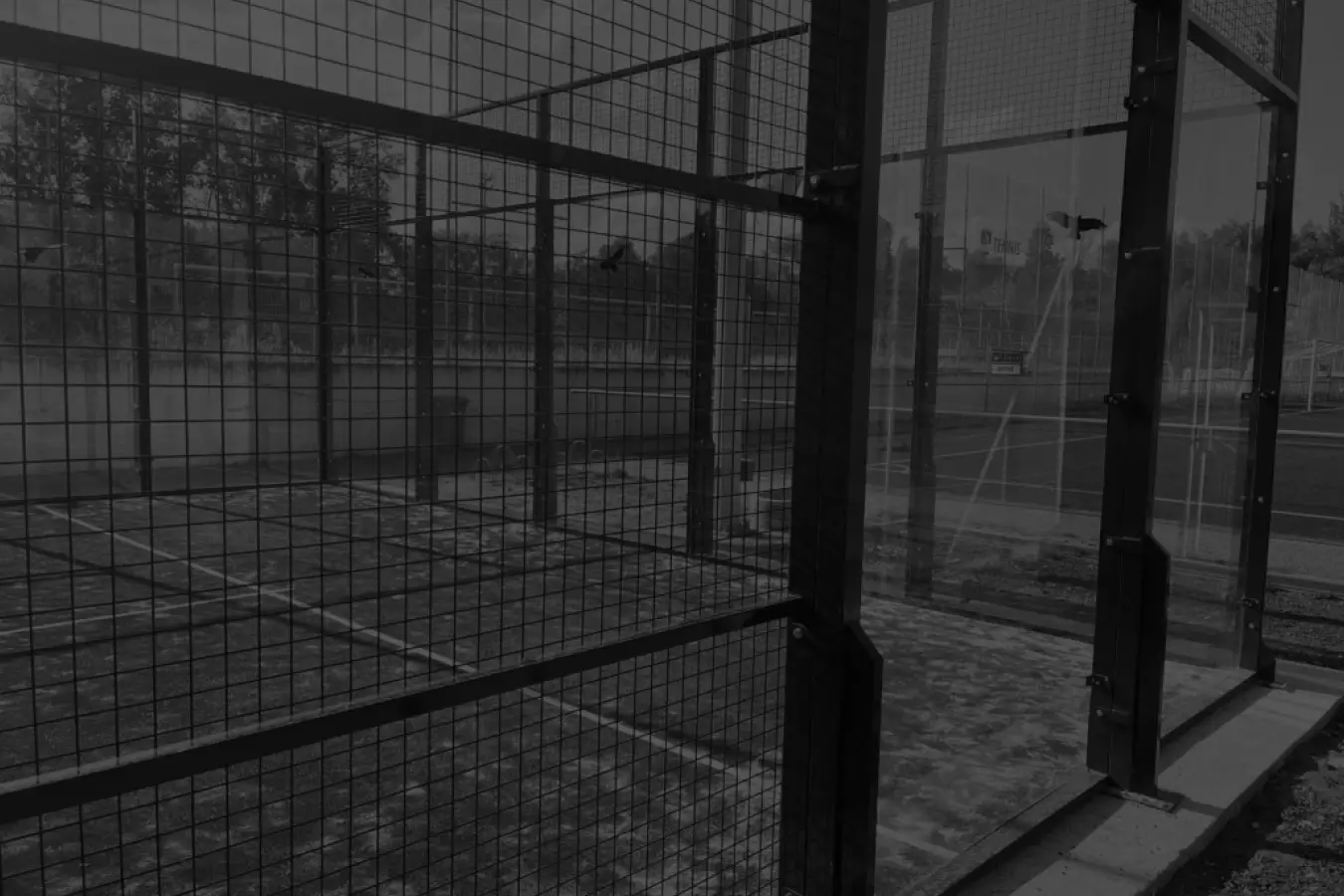
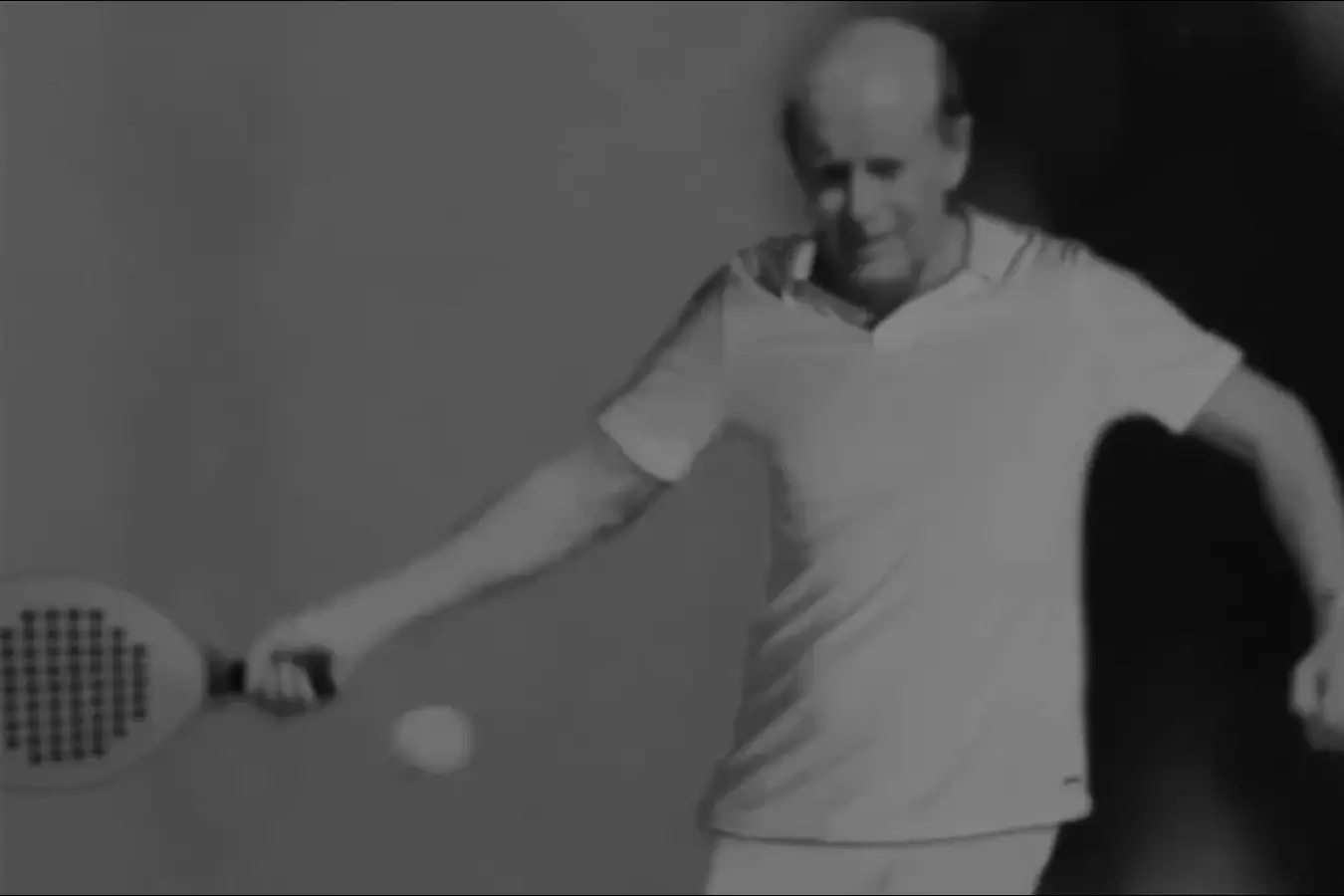
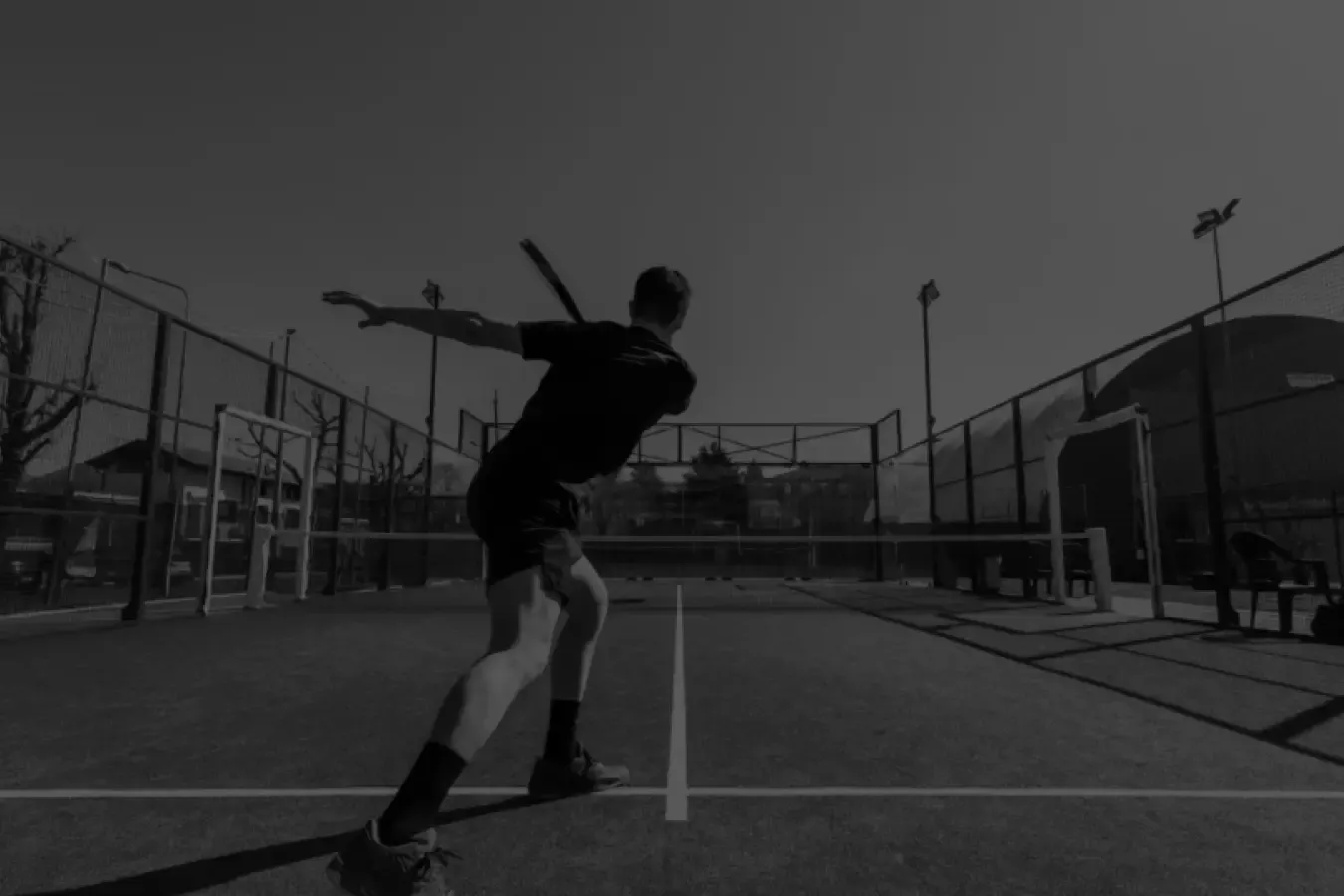
Discussion